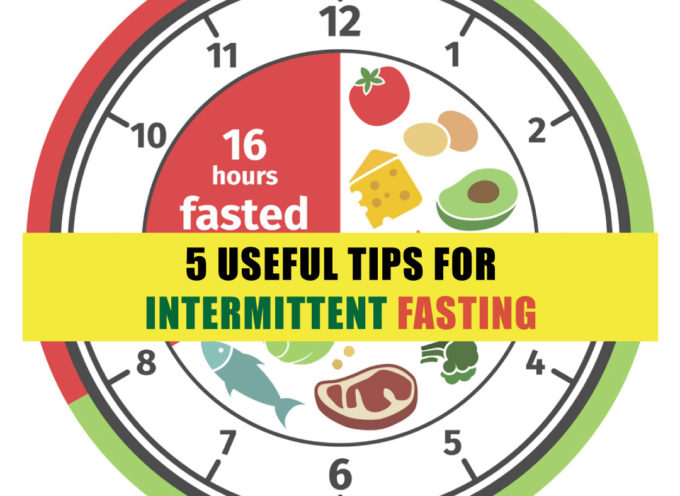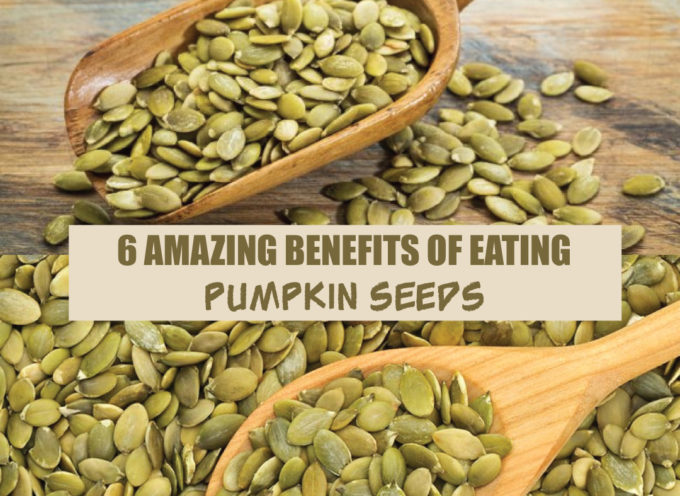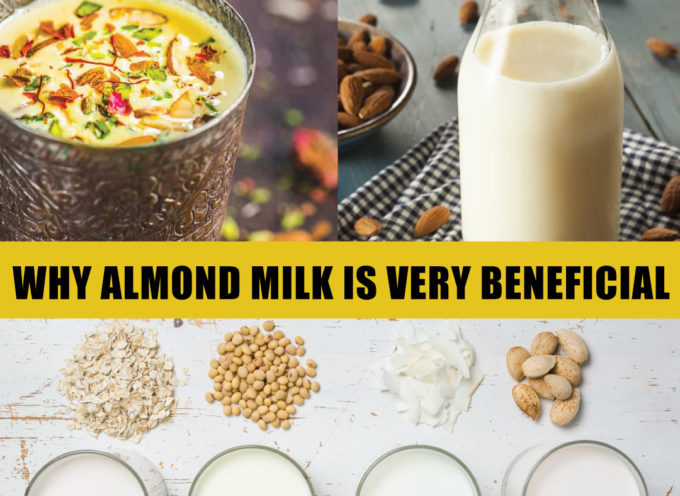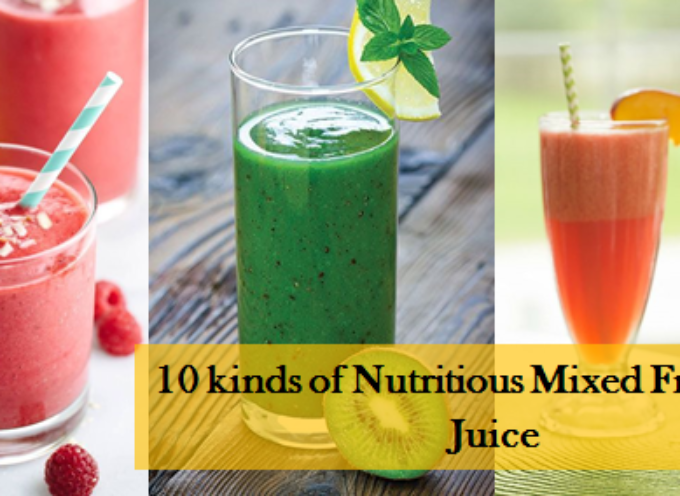We have all seen enough milk ads to know that calcium is key for strong bones and preventing osteoporosis. But it’s also needed for muscle contraction, blood clotting, and keeping your heart beating. Besides milk, there are many plant-based sources of calcium.
FIGS
Figs make a great sweet treat and are rich in fiber and antioxidants. Try them as a midday snack or crush them into a creamy jam.

TOFU
Tofu tends to be an excellent source of calcium. However, the calcium content varies, depending on the firmness and the brand. To receive the benefits of the calcium, read labeling carefully and only select tofu that contains calcium salt, which manufacturers use as a coagulant.

SUNFLOWER SEEDS
These seeds are also rich in magnesium, which balances the effects of calcium in the body and regulates nerve and muscle health. It contains vitamin E and copper. Together, these nutrients can promote bone strength and flexibility and prevent bone loss. Sunflower seeds can contain high amounts of added salt, which depletes the body’s levels of calcium. For optimal health benefits, choose raw, unsalted seeds.

KALE
Kale belongs to the family of vegetables, which also includes broccoli. The leafy green is loaded with antioxidants, which can prevent or delay cell damage. Kale is also low in calories, with every 100 grams containing only 35 calories.

SWEET POTATOES
One large sweet potato contains 68 mg of calcium. These vegetables are also rich in potassium and vitamins A and C. Vitamin A is an important antioxidant that may promote good eyesight, resistance to the effects of aging, and cancer prevention. Sweet potatoes are naturally low in fat and calories. They are popular as a side dish in some parts of the world.

Photo Credit : deliciousliving
CHIA SEED
Chia contains boron, which promotes the health of bones and muscles by helping the body to metabolize calcium, phosphorous, and magnesium. Add chia seeds to smoothies or mix them into oatmeal or yogurt!

SOY MILK
One cup of fortified soy milk contains about the same amount of calcium as the equivalent of cow’s milk. It is important to choose a product that is fortified with calcium carbonate. Soy milk is also rich in vitamin D, and it contains less saturated fat than whole milk with lactose.

ALMONDS
Just 1 cup of whole almonds contains 385 mg of calcium, which is more than one-third of the recommended daily amount. While the fat is mostly healthful and monounsaturated, the calorie count is high, and a person should limit their intake to smaller portions of a quarter cup per serving, for example.

Photo Credit : bbcgood
CHEESE
Most cheeses are excellent sources of calcium. Parmesan cheese has the most. Softer cheeses tend to have less. Many types of cheese are also packed with protein, such as cottage cheese. aged, hard cheeses are naturally low in lactose, making them easier to digest for people with lactose intolerance. Eating cheese may lower the risk of heart disease.

YOGURT
Many types of yogurt are rich in live probiotic bacteria, which have various health benefits. Low-fat yogurt is even higher in calcium. While Greek yogurt is a great way to get extra protein in your diet, but it delivers less calcium than regular yogurt.

Photo Credit : medicalnewstoday








No comments!
There are no comments yet, but you can be first to comment this article.